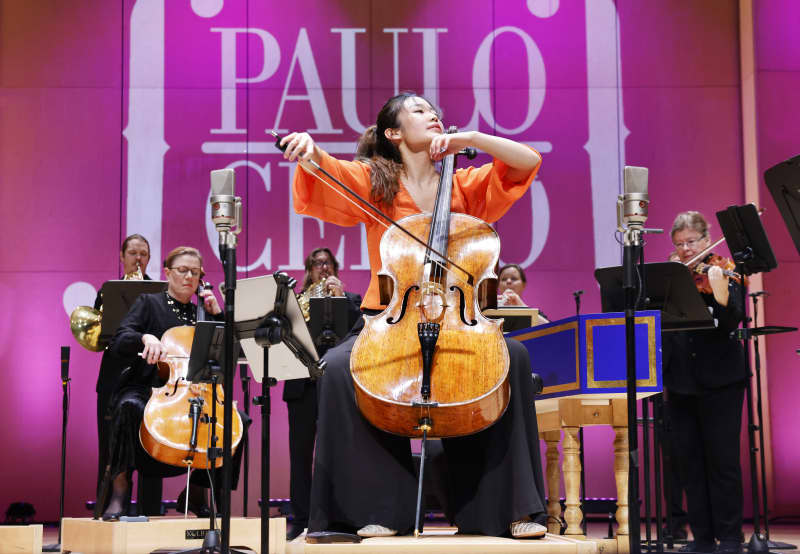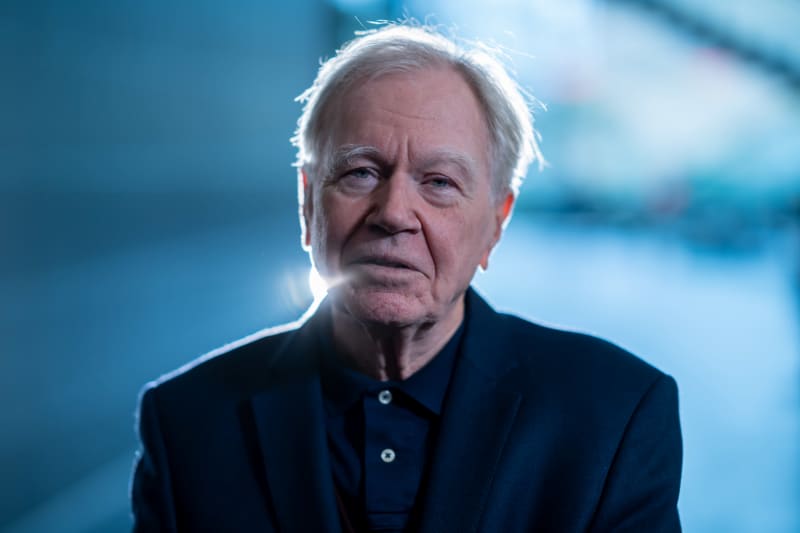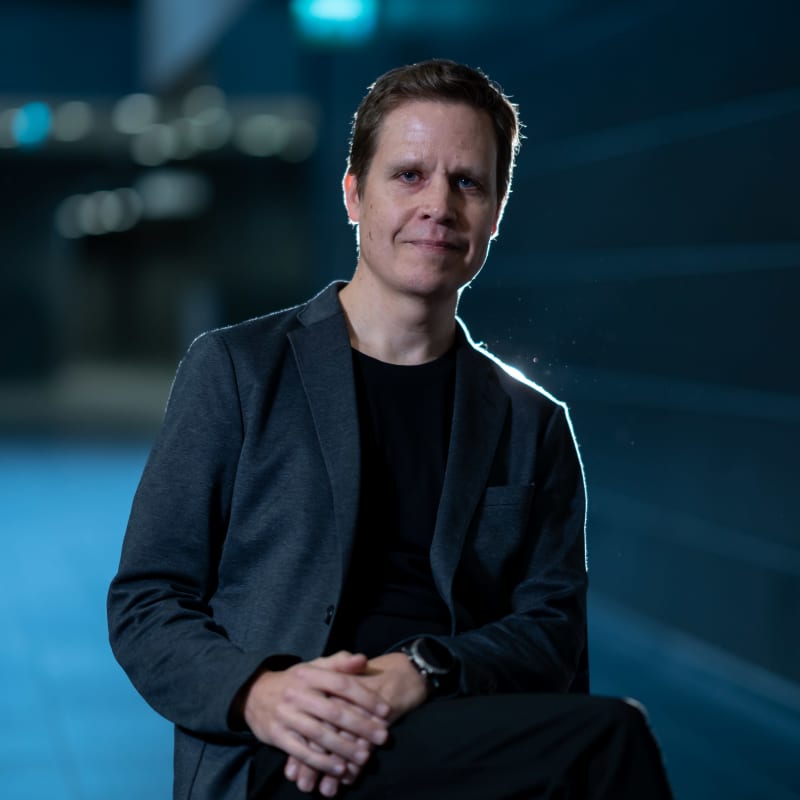
The Paulo Cello Competition brings the world’s top young cellists to Finland. Music and music education in Finland has been cut back and there are fewer and fewer enthusiasts. This is now also reflected in the competition statistics.
The Paulo International Cello Competition has had some thrilling moments, but from a Finnish perspective, this year’s competition will go down in history for an unfortunate reason.
For the first time, there will be no Finnish cellists.
– This time it just happened to happen. I don’t think we should be concerned about the level of Finnish cello playing.
Behind the scenes, however, the subject has been discussed for a long time, as music and playing lessons have been cut repeatedly in the 21st century. Of course, there are still young top-level cellists in Finland, but there are fewer and fewer enthusiasts. At the same time, the international level is rising.
– You would think that this competition is now very encouraging for Finnish cellists as well, considering the future.

According to Noras, Finnish media companies – such as Yle – also have a place to look in the mirror. According to him, classical music and other art forms are not as popular topics as before.
– Talented young people are no longer written about today, even if there is a reason. We are very far removed from what we were 40–50 years ago. The situation has completely changed. It is not suitable for increasing the passion for the hobby, says Noras, who was regularly publicized in his golden days.
Europeans have been taken over by Asians
Finland is not alone in this situation. There are even fewer classical music enthusiasts in all Western countries. At the same time, there is a strong boom in classical music in Asian countries. Music studies are becoming more international all the time.
– Students move around a lot these days, and so do teachers. Teachers hold courses around the world or may be working at different educational institutions at the same time in different continents.
This year, Paulo’s cello competitions saw for the first time the same number of participants from Asian countries and Europe, nine from both. In addition, the relative share of Asian countries has increased. Two of the six finalists are from South Korea.
– The development there has been the most amazing. Huge numbers of top musicians now come from South Korea, a country that is said to have had its first classical music concert in 1966 in the capital, Seoul. Since then, a huge development has taken place, which can also be seen in our competition.
Qualifying for the first round is the equivalent of decades of victory
Asians challenge Westerners in classical music, according to Noras, especially with long-term and focused practice, i.e. with work ethic. Noras has closely followed the development of South Korea and China, for example, for decades.
– It has been understood there that it is good for children to work with music – even just as a hobby. In contrast to us, a lot is required there. The parents encourage and demand, the teachers are also strict. Apparently it produces these amazing results.
On the other hand, according to Lahesmaa, this year’s competition is an indication of the change in teaching methods and the effectiveness of the change. According to Lahesmaa’s assessment, the participants of the competition are strikingly different from each other, individual artists, and not machines pressed from a certain mold.
– It can only be a good thing, which enriches the music scene immeasurably. The future looks bright in that regard, we will have attractive young artists.

Let’s go back for a moment to the rise of the international level in cello playing. According to Noras, the phenomenon can be seen especially at the general level, not so much in the skills at the top of the competitions. In other words, the average level has risen, but there is hardly a noticeable difference between the level of this year’s winner and five years ago.
– If you look at the participants in the heats of the competitions today, in the past all of them would probably have won the competition, Noras states.
Watch the final broadcast and award ceremony of Paulo’s cello competition here:
*What kind of thoughts did the story evoke? You can discuss the topic until Tuesday, October 13 at 11 p.m.*
